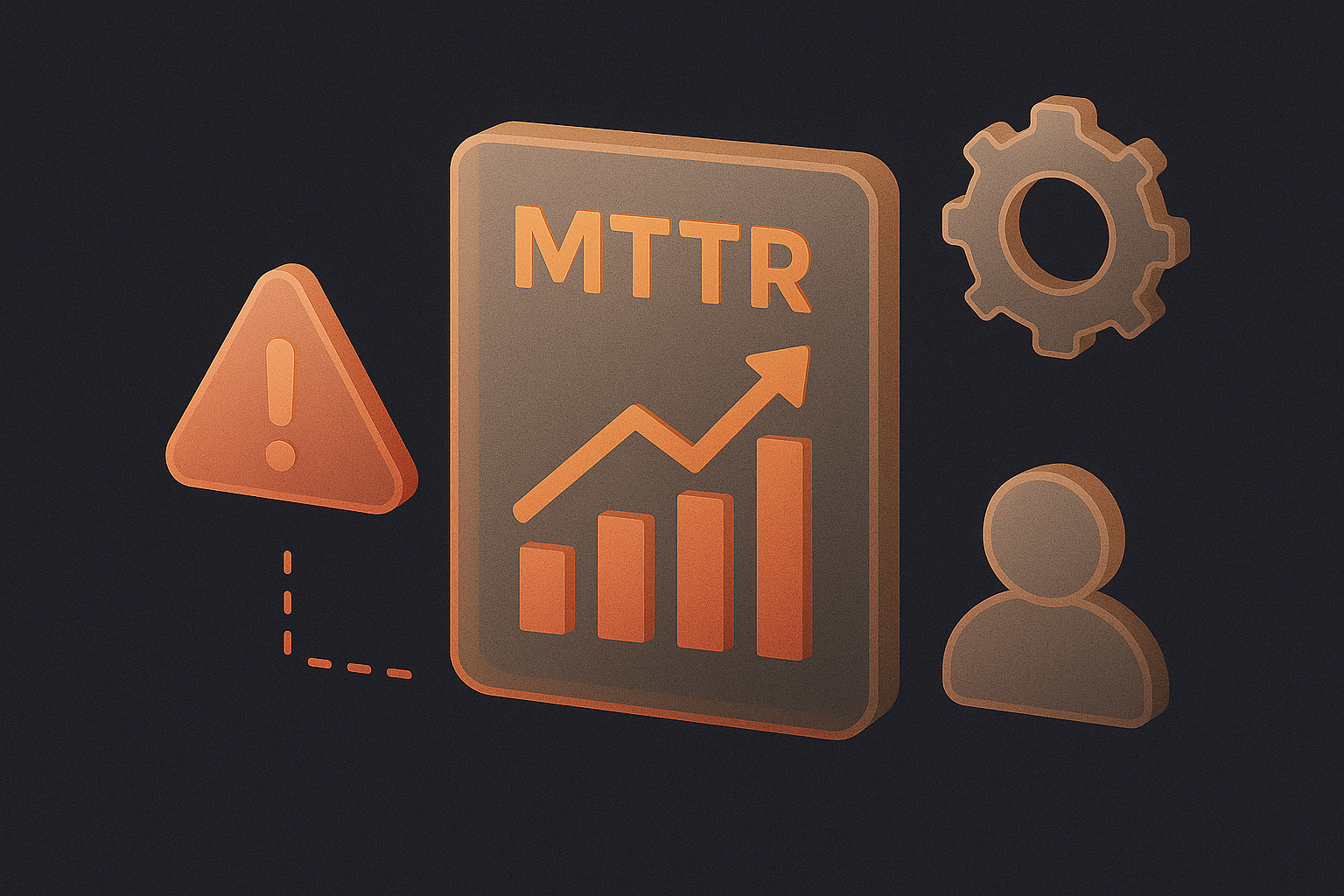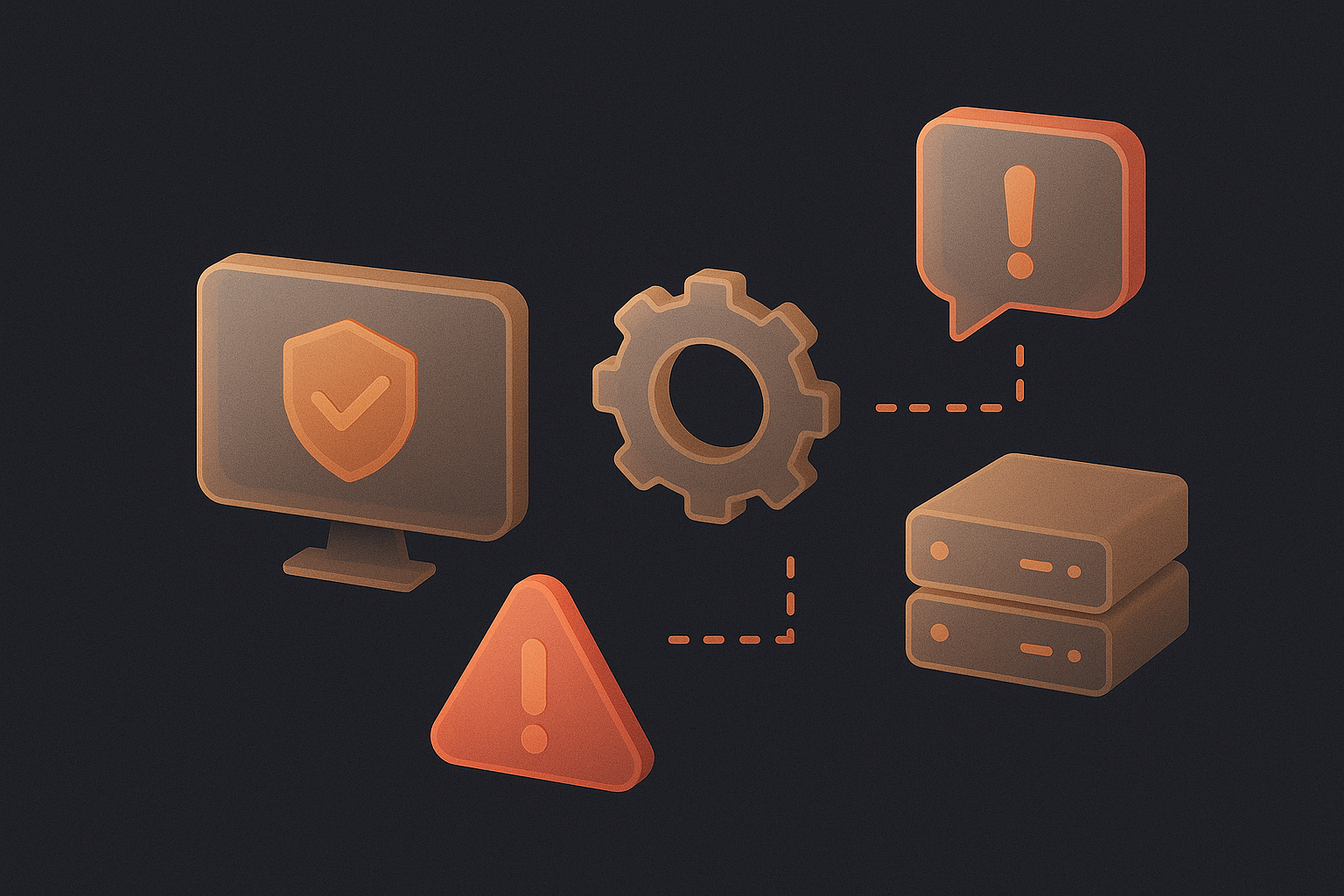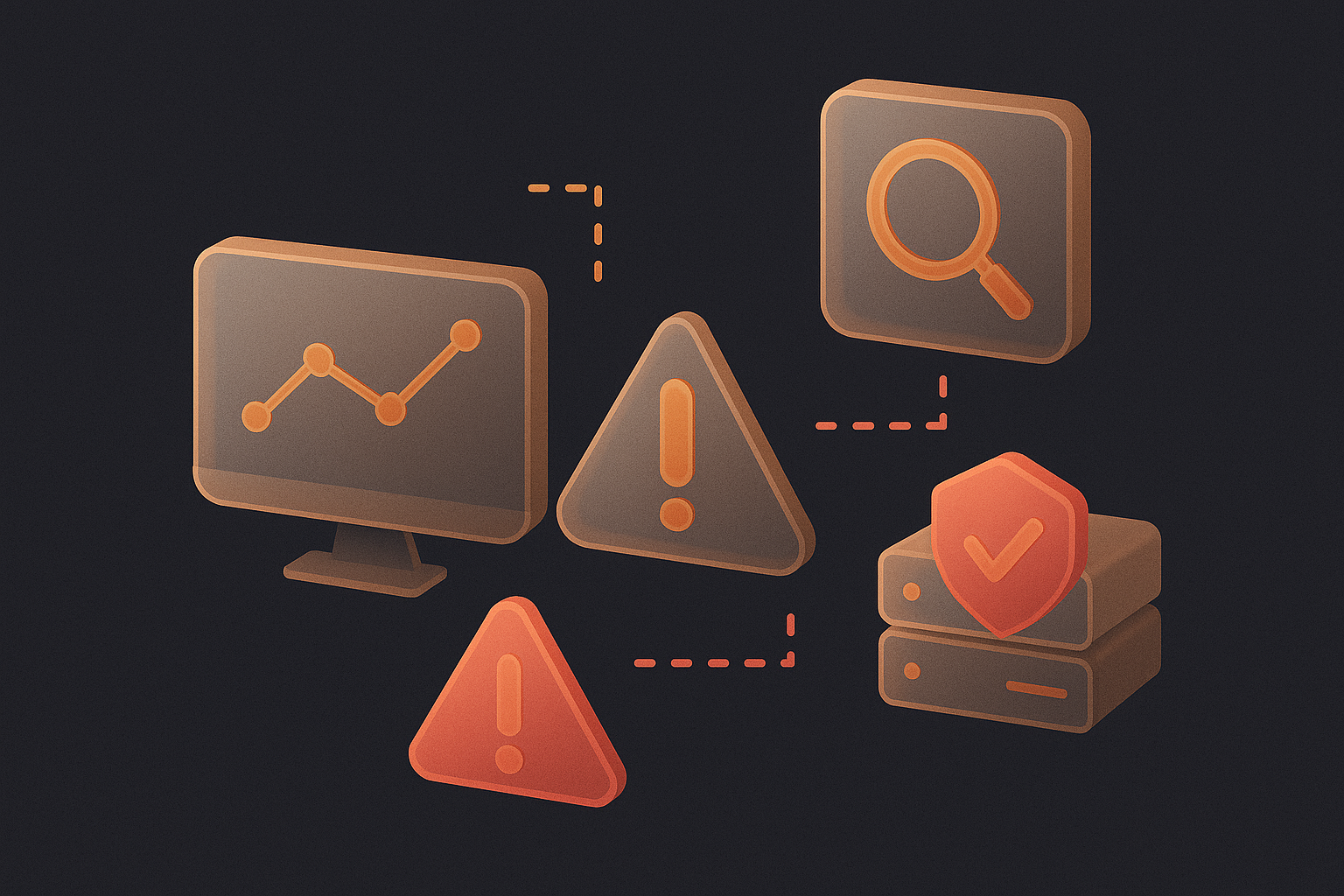Data leak and Alert Fatigue may cause significant downtime and outages, along with brand reputation damage and revenue losses. Perhaps worst of all, data leak sometimes are preventable – regardless of whether a company has best-in-class security software in place.
For example, let’s consider the Target data breach. Hackers launched a cyberattack against Target on Nov. 27, 2013 and breached the retailer’s systems. The attack was discovered a few weeks later, and the U.S. Department of Justice was notified about the incident on Dec. 13, 2013.
So how did the Target data leak happen?
At least eight Target IT employees identified the threat that eventually led to the cyberattack, but none of these employees decided to act on it. The reason why these employees may have ignored the threat: alert fatigue.
What Is Alert Fatigue?
Alert fatigue occurs when an IT team receives a high volume of incident management alerts in a short period of time. In this instance, team members may become desensitized to incident management alerts. They may even start to ignore incident management notifications altogether.
Even the IT team at a major retailer like Target may be susceptible to alert fatigue. However, IT teams can learn from the Target data leak and take the necessary steps to prevent alert fatigue before it leads to downtime, outages and other costly, time-intensive incidents.
Tips to Prevent Alert Fatigue
There are lots of things an IT team can do to prevent it, such as:
- Provide Relevant Alerts: It is unnecessary to inundate an IT staff with notifications. Fortunately, incident management software helps IT team members receive timely, relevant alerts, as well as limit the risk of alert overload.
- Prioritize Accountability: Incident management notifications and updates should be visible across an IT team. That way, IT team members are accountable to one another and can keep in touch with each other until an incident is resolved.
- Look for Ways to Improve: Use IT service metrics, analytics and reports to identify problem and improvement areas. By doing so, an IT team can strive for constant improvement and become a difference-maker within its business.
No company wants to be the next Target, i.e. a globally recognized brand that suffers a massive data leak. Thanks to the aforementioned tips, you can help reduce the risk of alert fatigue across your company’s IT team. Perhaps best of all, you can empower your business’ IT team to identify, analyze and address cyber threats before they escalate.
Continue reading Teon’s article and his four recommended actions to eliminate alert fatigue; plan, automate, be proactive and target.



